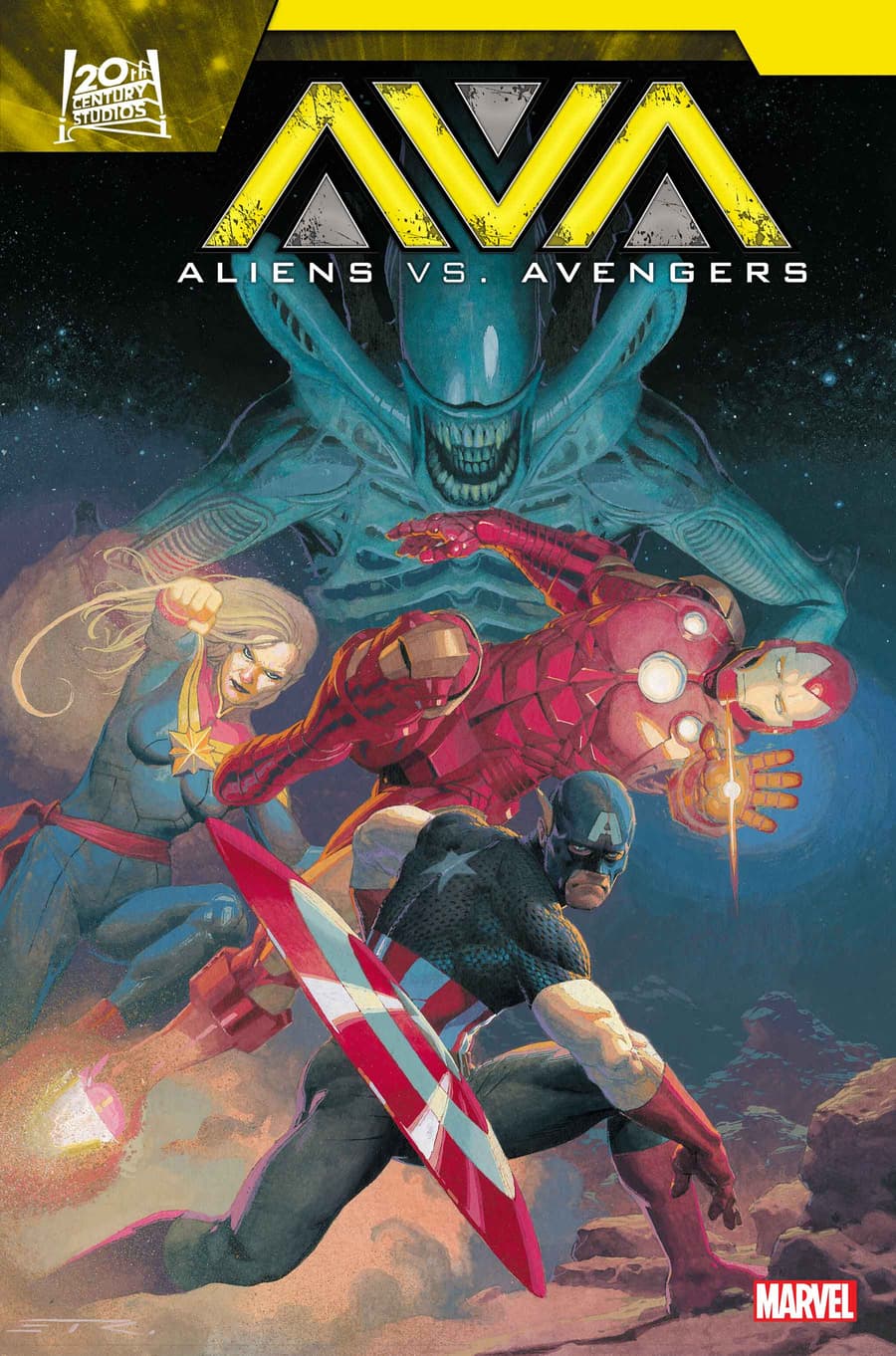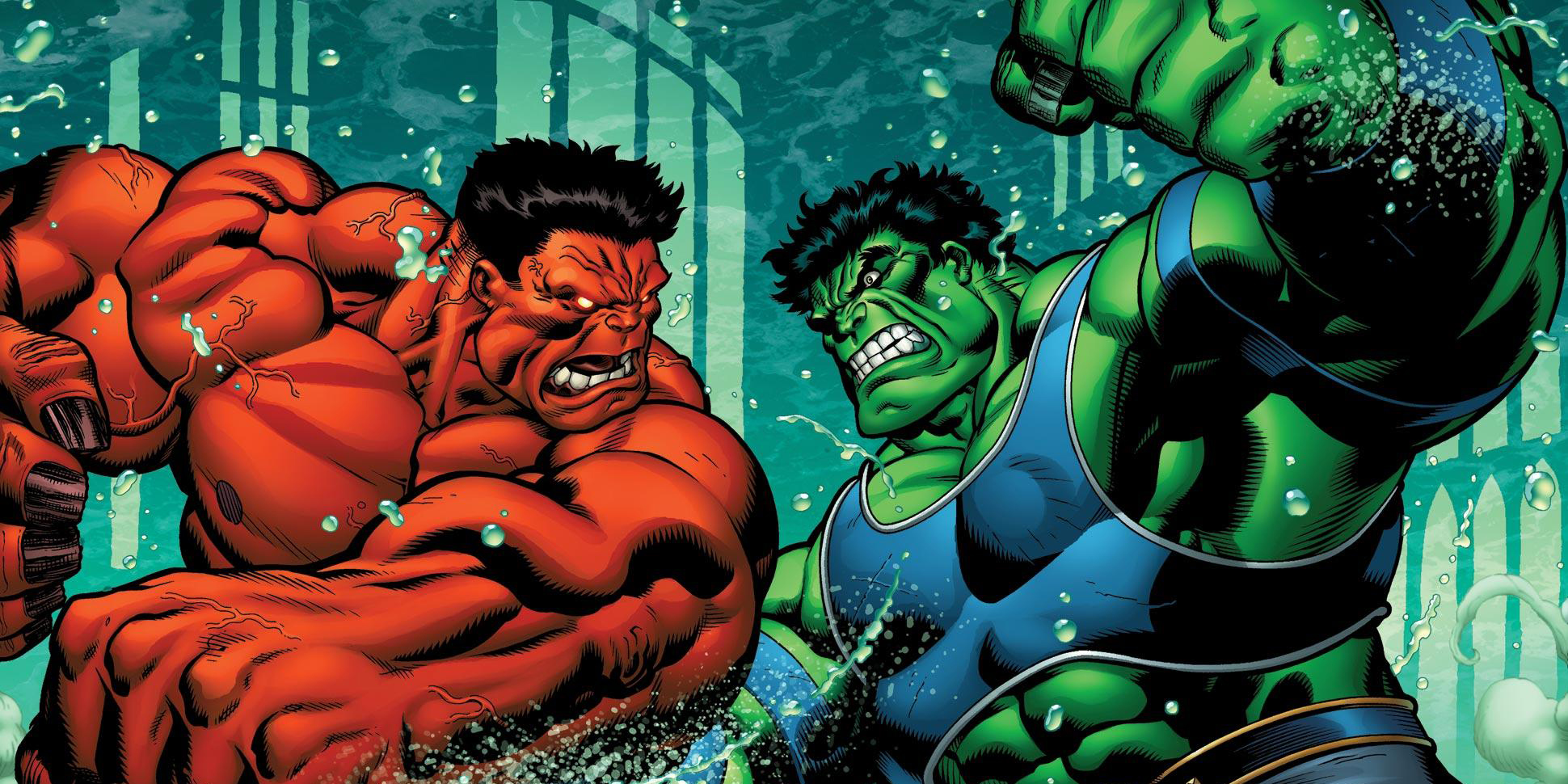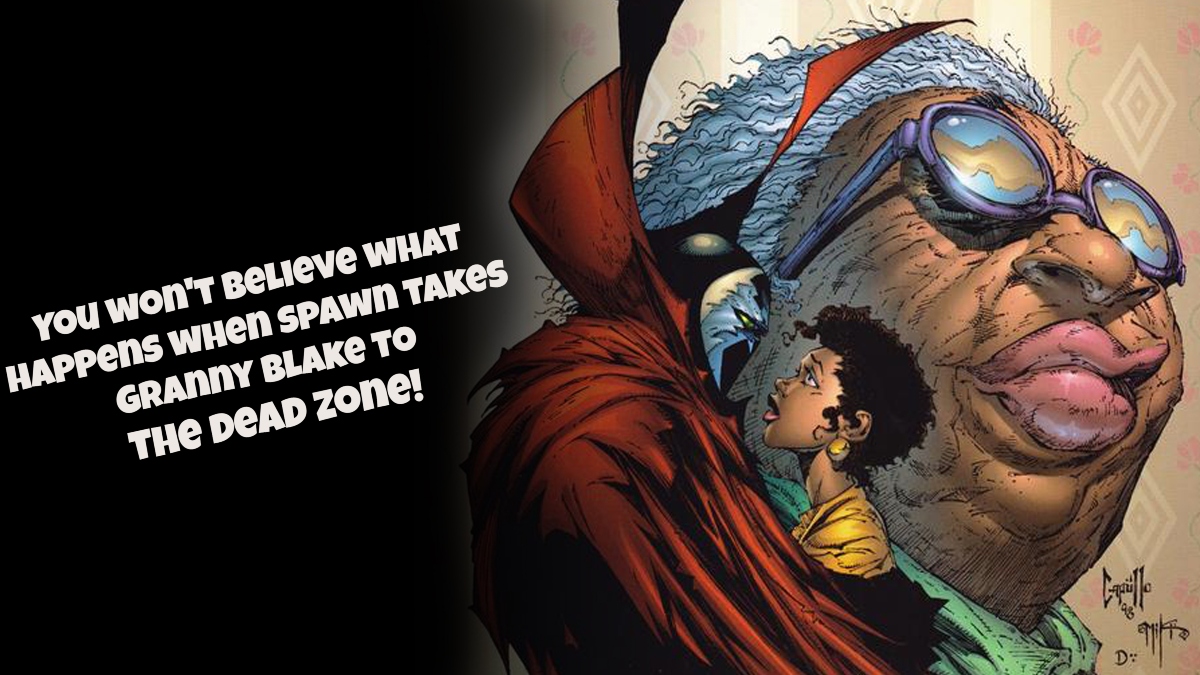![]() It’s going back to the U.S.S.R. Or more like going back to the aftermath of the U.S.S.R.
It’s going back to the U.S.S.R. Or more like going back to the aftermath of the U.S.S.R.
“Generation P†introduces the audiences with a wild, trippy movie of Russia after the fall of the Soviet Union. As Russia starts to adopt capitalism, the film explores certain themes of advertising, mafia groups and even the country’s politics.
The film revolves around a young writer, Babylen Tatarsky, who was recruiting into the advertising industry. His journey started off innocently trying to promote certain brands in Russia, but it later took Babylen deeper into a mysterious corrupt advertising industry as he looked for inspiration through Mesopotamian mythology and drugs.
The movie is based off the fiction novel written by Victor Pelevin.
Television commercial director Victor Ginzburg made his feature film directorial debut with “Generation P.†The movie made its premiere in Russia last April and it is currently has a limited release in certain theaters in the United States this week.
Latino-Review interviewed Ginzburg by telephone earlier this week. Here is the transcript discussion of “Generation P†with Ginzburg:
Latino-Review: What attracted you to this project of “Generation P?â€
Victor Ginzburg: I read the novel and I was deeply blown away. As I was reading the novel, I was making the movie. It’s an amazing convergence of all things interesting to me. It also explains a lot of things to me as to how the world works. And it’s not just about Russia.
Latino-Review: As you were explaining things in terms of how the world works, are you talking about capitalism or communism?
Victor Ginzburg: I think it’s certainly about capitalism. It’s a story that explains after the fall of communism. It takes an interesting perspective on that period of time. It was time after the revolution in which there were no system and no structure in which people can fit into. In that vacuum, it comes with this gangster capitalism.
Latino-Review: Since this is a movie now released for American audiences, there are a lotof references to the fall of the Soviet Union and a lot of Russian satire—will Americans get this movie?
Victor Ginzburg: That’s a really good question. I was pleasantly surprised at the way the audiences reacted during the Toronto Film Festival and then the Palm Springs Film Festival. I saw a lot of young people really getting this movie. In terms of film language and energy of this film, I think it’s the language of the urban progressive youth. It’s their language. They get it. I saw that all over the world—not just in America, but in India as well.
But, I think Americans are much more open than Europeans in experimental films. Europeans have this notion on what these Russian movies should be as slow, brooding and dark. In the United States, [audiences] are much more open. I’m hopeful. Certainly.
Latino-Review: Was it difficult to get American licenses such as Pepsi, Coke or any other brands into your film?
Victor Ginzburg: That’s a really good question. I don’t think I would be able to make this movie without those brands—thus this film would not make any sense. It would be impossible to substitute Pepsi or Coke or other iconic brands.
Some [brands] I was able to substitute. Nestle Café didn’t want to [be in the movie.] The Ministry of Propaganda in Switzerland said, “No. This is not politically correct.†So we were able to get Tic Tac to participate in that commercial for that “Explosion of Taste.†Do you remember that?
Latino-Review: Yes, I do. That was a great scene.
Victor Ginzburg: In the original novel, the commercial was about Nestle Café. The guy who assassinates them actually drinks Nestle Café from a Thermos.
So the first thing I did before I made this movie was that I went to these brands in Russia. They’re a lot more open to experiment. People at the time were sick and tired of being brainwashed through advertising. So my pitch to them was that here is the opportunity for the brands to give a gift to the viewers of entertainment—to make them laugh. And only the strong [brands] would allow themselves to be laughed at.
It was not an easy path. Initially we were turned down by the Russian office. At the time, there was a school teacher type lady who ran their media office. She fit right into the Coca-Cola corporate system like a Soviet functionary. She said, “This is a punk movie full of drugs and foul language. Coca-Cola would never participate in it.â€
Then the next thing I knew, one of our co-producers met with CEO of Coca-Cola in Washington. He told him that this was a movie where the main character actually chooses Coke at the end of the movie instead of Pepsi. It really is a metaphor of this entire journey. And they were progressive enough to read the book and called me to meet with them in Atlanta, Georgia. And the rest is history.
Latino-Review: Were there any resistance in the film that would put Russia in a bad light, such as corruption or mafia themes?
Victor Ginzburg: That’s a good point. We were lucky. I was trying to raise money through the Ministry of Culture with applications and they turned us down. In a conversation with the Ministry of Culture, they said this is a story “is not our format.†We flew ended flying under the radar and I was able to make the kind of movie I wanted to make.
Lots of rules were broken in making this movie. Lots of Russian rules. One of them was that this movie had a lot of foul language that we’re used to in American films. In Russian movies, that’s a “no-no.†The writer captured the characters in the film right out of reality. The writing is brilliant. So I didn’t want to touch that. I wanted to keep all that.
Latino-Review: Besides brand changes, were there any other major plot or scene changes from the book to the movie?
Victor Ginzburg: When you’re making anovel on to screen, you will make a lot of subtle changes. I wanted to preserve the story. I wanted to preserve the spirit of the novel since I loved it so much. My purpose is to retell that story.
The biggest change was adding that virtual president and connecting it to the current day and current events in Russia. We had to take this film into the 2000s. Clearly, the novel published in 1999. I took the movie into the 2000s.
On a dramatic level, the novel really didn’t have a plot. It’s really a philosophical tale. I had to add in the end that the main character takes charge. So dramatically, it shows that he evolved into something new. That was important that does something for the movie.
Latino-Review: This is your directorial debut besides the documentary you’ve done years ago. How was that experience and will you make another movie like this again?
Victor Ginzburg: It was just great. I spent a decade or more in Los Angeles by working on scripts and getting movies off the ground. I come to this project with a great deal of experience. Certainly, not directing a feature film, but being in the industry. I’ve directed dozens and dozens of commercials for TV.
This is a wonderful experience for me. There’s a convergence of all things that are dear to me and that are interesting to me.
Ultimately, this is a political movie. I just love that. And I’m kind of hooked now.
I’m actually doing another movie…..a sequel. I have to finish telling the story. This story has a continuation.
Latino-Review: You’re going to do a sequel to this movie? Is it an original story and not based on a novel?
Victor Ginzburg: It is a novel by the same author. The movie will be called “V Empire.†It’s a vampire love story that will take place in Moscow today. And it will be a revelation of the rules of the world. It’s a sequel by looking at “who is behind all of this?†It looks into the golden room and dream sequences.
Who is behind all of this? And remember the response in the movie was “Don’t bother thinking about it.†That question will be physically answered in the next film.
We will get to meet the goddess Ishtar. She does to exist. And we get to what happens to Babylen years later.
Latino-Review: That sounds like it’s going to be very interesting. We’ll see that in the next few years then?
Victor Ginzburg: I’m shooting it this summer and hopefully if everything goes well…..we’ll talk again years from hopefully. Thank you very much.
“Generation P†is currently released in select theaters.

 FOR FANBOYS, BY FANBOYS
Have you checked out LRM Online’s official podcasts and videos on The Genreverse Podcast Network? Available on YouTube and all your favorite podcast apps, This multimedia empire includes The Daily CoG, Breaking Geek Radio: The Podcast, GeekScholars Movie News, Anime-Versal Review Podcast, and our Star Wars dedicated podcast The Cantina. Check it out by listening on all your favorite podcast apps, or watching on YouTube!
Subscribe on: Apple Podcasts | Spotify | SoundCloud | Stitcher | Google Play
FOR FANBOYS, BY FANBOYS
Have you checked out LRM Online’s official podcasts and videos on The Genreverse Podcast Network? Available on YouTube and all your favorite podcast apps, This multimedia empire includes The Daily CoG, Breaking Geek Radio: The Podcast, GeekScholars Movie News, Anime-Versal Review Podcast, and our Star Wars dedicated podcast The Cantina. Check it out by listening on all your favorite podcast apps, or watching on YouTube!
Subscribe on: Apple Podcasts | Spotify | SoundCloud | Stitcher | Google Play



